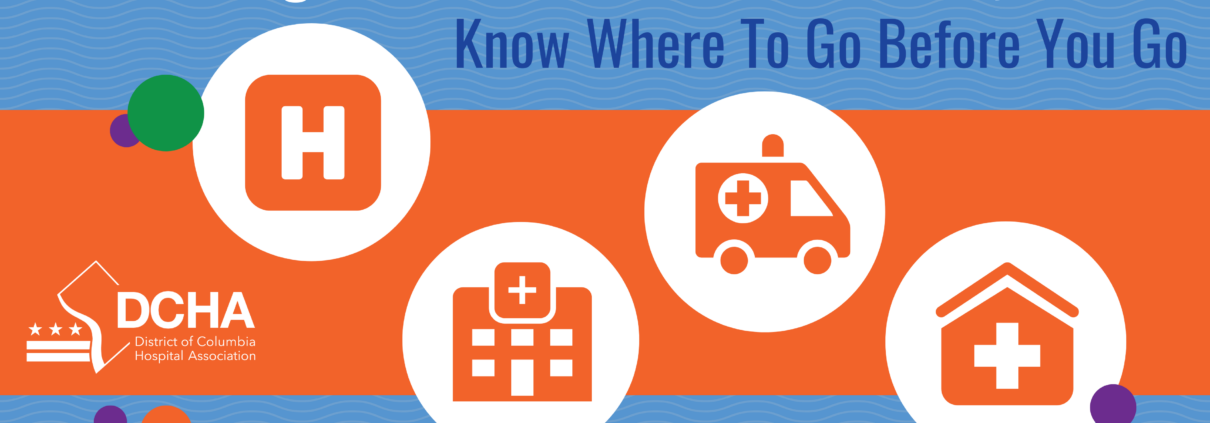
La DCHA Program Services Company, Inc, la rama sin fines de lucro de la Asociación de Hospitales del Distrito de Columbia, otorgó a los ganadores de su segundo Concurso de Cocina de la Iniciativa de Hospitales Saludables, reconociendo a equipos e individuos excepcionales por sus mejores platos saludables.
"Estamos muy complacidos de reconocer y celebrar a las personas y equipos por trabajar para hacer que la comida del hospital sea saludable y deliciosa para los pacientes, el personal y la comunidad", dijo la presidenta y directora ejecutiva de DCHA, Jacqueline D. Bowens, "Estos hospitales y chefs hicieron platos deliciosos demostrando que la salubridad es posible ya sea que esté cocinando para uno o para 100”.

Los Premios del Concurso de Cocina de la Iniciativa de Hospital Saludable 2022 se entregaron a los siguientes hospitales e individuos:
Instituto Psiquiátrico de Washington: Ganador general
Instituto Psiquiátrico de Washington: Mejor Guarnición
El Hospital de la Universidad George Washington: Mejor plato principal
Hospital Nacional de Rehabilitación MedStar: Mejor Postre
Todos los platos utilizaron arándanos, el ingrediente secreto, para hacer sus platos únicos, creativos y deliciosos. Los ganadores recibieron trofeos y, lo que es más importante, tienen derecho a fanfarronear sobre qué hospital tiene la comida más deliciosa.
Healthy Hospital Initiative es una asociación entre DCHA Program Services Company, Inc. y DC Health para reducir la disponibilidad y el consumo de bebidas azucaradas y el consumo de sodio, y para promover opciones más saludables en los hospitales de distrito.





